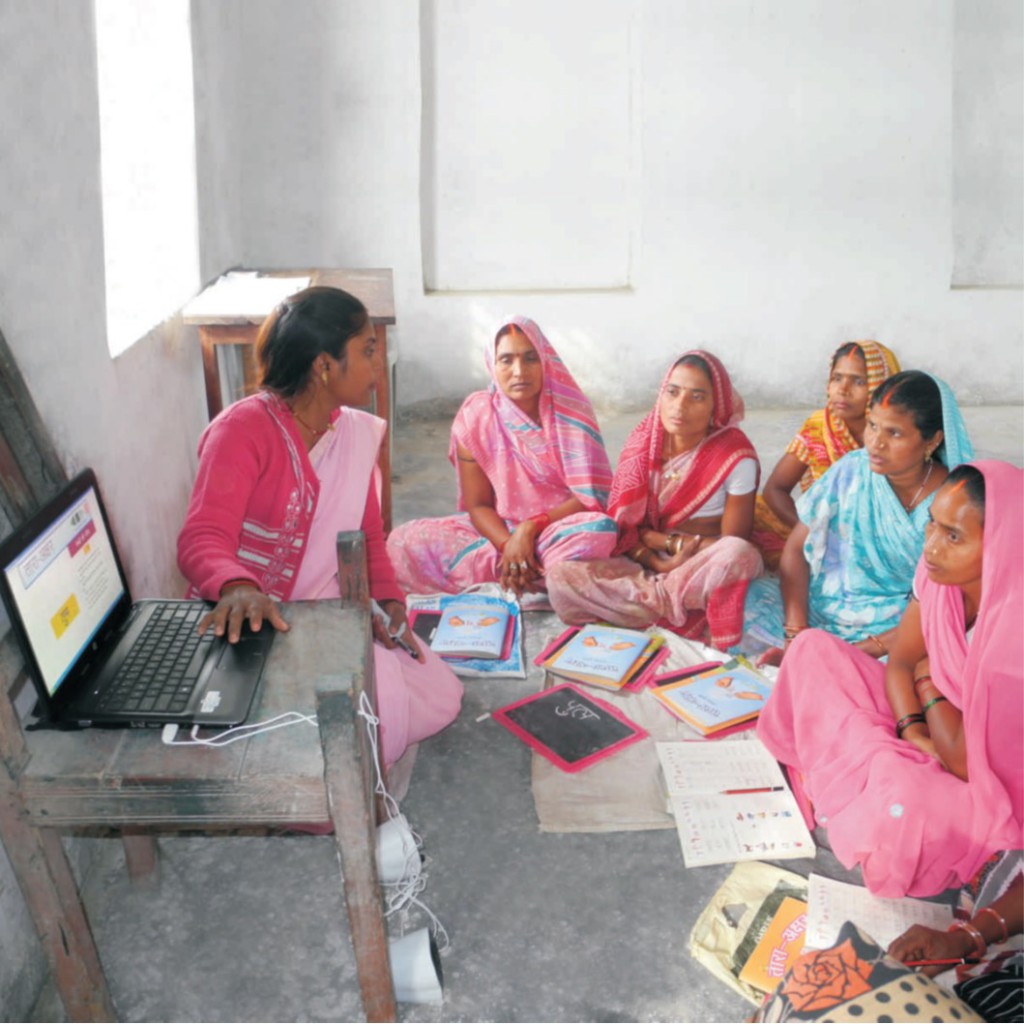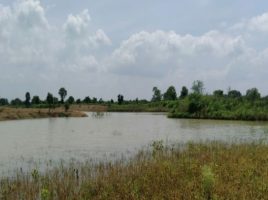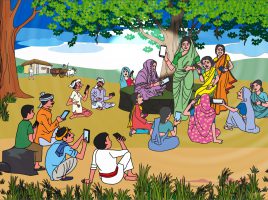Women’s Literacy Deserves ‘Undivided’ National Attention
In this highly patriarchal world, men happen to be the authors of world history; geography and politics by default; leaving a large power gap between the two genders. Today, we live in a world that is beginning to see the potential that women’s participation and emancipation holds for the world at large and yet we are only scratching the surface.
Women Empowerment is a term that has been defined and re-defined multiple times over the last few decades. The idea of women empowerment is to bring focus on policies and issues that have an impact on women, such as violence against women, gendered pay gap, property & inheritance rights and human rights among other things.
According to World Bank, ‘Empowerment’ is the process of increasing the capacity of individuals or groups to make choices and to transform those choices into desired actions. ‘Women Empowerment can therefore be defined as women’s ability to make strategic life choices where they have been denied that previously. It is pertinent to understand the different life choices that can be and should be exercised by women like – reproductive rights, equal wages, education and participation in decision making.
A woman exercising a handful of rights like education, financial independence can still not be considered as an ‘empowered woman’ unless she understands her potential. In an online survey conducted by For Girls Global Leadership (4GGL), over 46% of women across the globe answered that self-actualisation or self-awareness i.e. the process of knowing who they are paved the way for empowerment.
This survival of the fittest has been the mantra in the post-Covid world. In our own way, each one is trying to adapt. New technologies have evolved. Virtual modes of communication have truly promoted ‘global culture’. Unfortunately, when the world moved one step ahead there is a few who are left four steps behind. Uneducated have been among such severely affected people.
As a nation, we can progress when we choose the path for inclusive development. Ironically, India has by far the largest population of illiterate adults at 287 million, amounting to 37 per cent of the global total; a United Nations report said highlighting the huge disparities existing in the education levels of the country’s rich and poor.1 India ranks 123 out of 135 countries in terms of female literacy rate. The number of adult female illiterates in India remains alarmingly high at around 168 million of whom the majority are in the rural belts.2
There have been innumerable deliberations, discussions, discourses and actions taken for women empowerment and reducing the gender gap but all of this would not result in tangible outputs until we build capacities of women. Majorly, literacy is strongly associated with mobility, social status, accessing services and living everyday life. A literate person can deal with day-to-day challenges much more easily and effectively than an illiterate person. The disadvantages are strikingly prominent for women in a society where we are already struggling with menaces like dowry, unreported rapes, female feticide, and high mortality rates due to anaemia in pregnancy, menstruation considered a taboo and the list is long. Without the inclusion of informed women, there is no other way to have an ‘inclusive society. Ignoring this fact will result in distorted psychosocial and socio-economic lopsided clusters.
To cater to the problem of the issue of illiteracy of women from other issues, Development Alternatives initiated an Adult Literacy programme, TARA Akshar+, supported by IKEA Foundation. The team witnessed some true transformations in villages. In an independent impact evaluation of the programme India Development Foundation (IDF) consistently found that TA+ learners are more likely to travel independently, are more aware and access government schemes and services more often. They are more confident and because of literacy, they now have access to new zones of interaction, within their families and in their larger communities. TA+ learners say that they now feel abler to deal better with their children and make informed choices. Now they know that government provides monetary benefit on getting copper t done. Not just self-awareness, but TA+ assists these women to multiply their knowledge and information to other women in their villages.
IDF’s studies find an increased ability among TA+ learners to use mobile phones, which opens a door for a new age communication world. The women who have never been to school or received any form of formal schooling have received important courses from TARA Akshar+ that helps them in their SHGs, understand their household financial system and entrepreneur rights.
Jyoti Sharma
jsharma@devalt.org
and Vyapika Kapoor
vkapoor1@devalt.org
This blog first appeared as an editorial in Development Alternatives Newsletter March, 2021
https://www.devalt.org/newsletter/mar21/of_1.htm







Leave a Reply